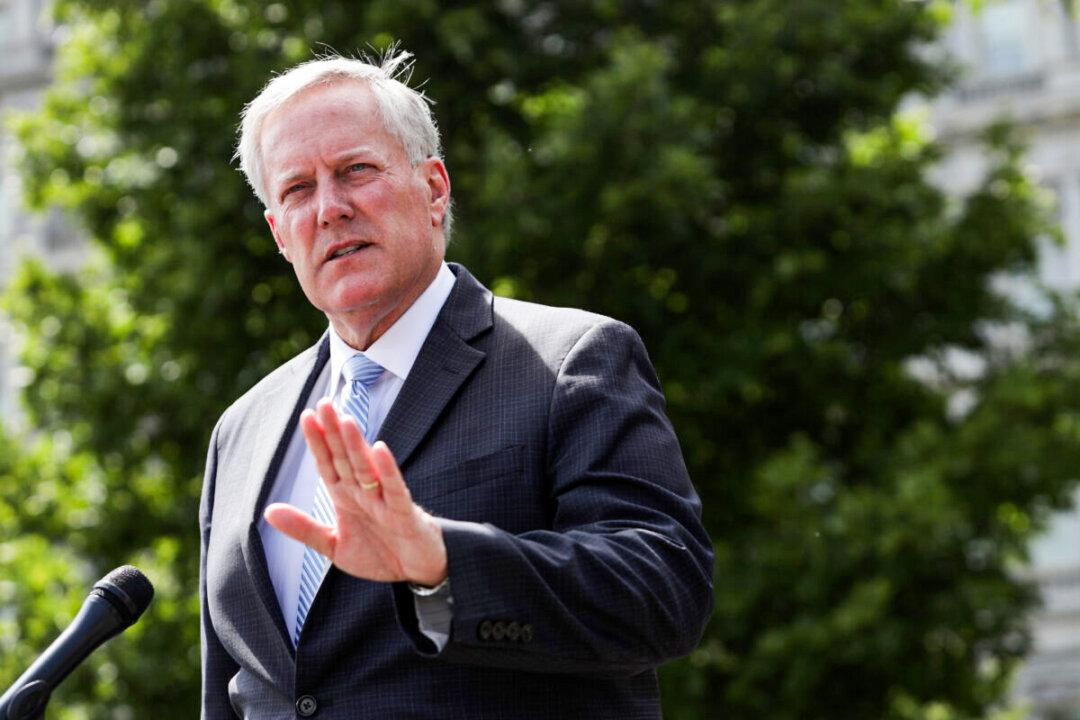Mark Meadows, former chief of staff to the president, surrendered on Aug. 24 at the Fulton County jail and was released on $100,000 bond, according to jail records.
Mr. Meadows’s attorneys had made attempts to prevent the arrest: a day after the Aug. 14 indictment naming Mr. Meadows alongside former President Donald Trump and 17 other defendants, they filed a notice of removal to move the case from state to federal court. An Aug. 28 hearing was ordered the day after.





